Recently, the situation in the East Sea continues to be tense due to the confrontation between China and the territory of Taiwan and especially the Philippines.
Increasing complexity
Just recently, according to the Taiwan Coast Guard (CGA), the confrontation began at around 2:50 p.m. on August 2 when the Taiwan Defense Force Command in the Pratas area detected Chinese coast guard ship number 3102 approaching the southern part of the archipelago at a distance of about 28 nautical miles, which is controlled by Taipei. The confrontation escalated tensions.
Meanwhile, Beijing is on high alert for New Delhi’s involvement in the South China Sea dispute after the Philippine and Indian navies conducted their first joint patrol. This new move is considered by observers to be likely to further complicate bilateral relations between China and India, as well as increase the complexity of the situation in the South China Sea.

Vietnam's consistent policy is that maritime disputes must be resolved by peaceful means. In the photo: Vietnamese Navy officers and soldiers on duty in Truong Sa. Photo: PHUONG DUNG
The Maritime Cooperation Activity (MCA) between the Philippines and India ended on August 4, coinciding with the state visit of Philippine President Ferdinand Marcos Jr. to India. The patrol involved three Indian Navy ships, including a guided-missile destroyer and an anti-submarine ship. The Philippines deployed two warships, including the BRP Miguel Malvar, a new missile frigate commissioned in May 2025. The two-day patrol passed through strategic waters from Masinloc (Zambales province) to Cabra Island (Mindoro Occidental). The Philippine military stressed that the event demonstrated "growing security cooperation between the two Indo- Pacific partners." Masinloc is located on the main Philippine island of Luzon, about 124 nautical miles (230 km) east of Scarborough Shoal, a flashpoint in maritime tensions between Beijing and Manila.
Harsh Pant, Vice President of the Observer Research Foundation (Delhi), said that India is showing its commitment to supporting Southeast Asian partners and building deterrence capabilities to counter China. He said that while China may not be happy with the patrols, it “has little basis to object” because India and the Philippines are sovereign nations and have the right to shape bilateral relations.
The exercise comes as India and the Philippines deepen ties and both face tensions with China. Manila is facing a territorial dispute, while New Delhi is embroiled in a border conflict with China.
Observers say that this patrol is likely to provoke a strong reaction from China, but will not lead to a serious breakdown in the short term. However, in the long term, it will not only likely cause further cracks in Sino-Indian relations but also increase the complexity of the situation in the East Sea.
Many new moves
In 2022, Manila purchased a land-based anti-ship missile system from India's BrahMos Aerospace Pvt. Ltd. in a deal worth 18.9 billion pesos ($329 million) and is on order for more. A land-based anti-ship missile is a missile designed to attack targets at sea but launched from land-based launchers.
Such public strengthening of ties has been met with a fierce reaction from China, as evidenced by new patrols in the South China Sea, where China routinely ignores the rights of other countries in the sea, which is home to significant oil, gas and fish stocks.
The Philippines has frequently pushed back against China, and India has supported those efforts in recent years. In 2023, India called on China to respect a 2016 ruling by the Permanent Court of Arbitration in The Hague that found Beijing’s claims to the sea to be without legal basis. China has ignored the ruling and stepped up patrols in the South China Sea. Beijing views any support for Manila as an infringement on its sovereignty, and its navy has frequently harassed Philippine vessels in an effort to assert control over the waters.
As a treaty ally of the United States, the Philippines has traditionally enjoyed strong support from Washington. Former US President Joe Biden pledged to increase freedom of navigation operations in the South China Sea and promote the “Quad” grouping of India, Australia, the US and Japan – a group that China views with skepticism. However, this US message has become inconsistent under the current Trump administration.
Meanwhile, President Donald Trump’s “trade war” is adding to the uncertainty. Traditional US allies such as South Korea, Japan and the Philippines are struggling to find favorable terms, while China appears to be benefiting from a thaw in relations with the US. Meanwhile, India – increasingly seen as a key US partner in the Indo-Pacific region – has unexpectedly become President Donald Trump’s latest target, threatened with higher tariffs for buying oil from Russia.
As these moves continue to recur, the East Sea - an area that plays an important role in global trade and maritime security - is unlikely to remain peaceful.
Disputes must be resolved by peaceful means.
As a country located on the East Sea coast, Vietnam clearly understands the disputes and violations of international law by countries in this region.
"Vietnam's consistent and clear policy is that maritime disputes must be resolved by peaceful means, fully respecting diplomatic and legal processes, not using or threatening to use force, in accordance with international law, especially the 1982 United Nations Convention on the Law of the Sea (UNCLOS 1982)," said Vietnamese Foreign Ministry Spokesperson Pham Thu Hang.
As a member state of UNCLOS and a coastal state of the East Sea, Vietnam emphasizes that UNCLOS 1982 is the only legal basis that comprehensively and thoroughly regulates the scope of maritime entitlements. Maritime claims of UNCLOS 1982 member states must be consistent with the provisions of UNCLOS 1982. States must fully respect the sovereignty, sovereign rights and jurisdiction of coastal states established in accordance with UNCLOS 1982.
Source: https://nld.com.vn/bien-dong-chua-thoi-day-song-19625080920111674.htm



![[Photo] Phu Quoc: Propagating IUU prevention and control to the people](https://vphoto.vietnam.vn/thumb/1200x675/vietnam/resource/IMAGE/2025/8/24/f32e51cca8bf4ebc9899accf59353d90)
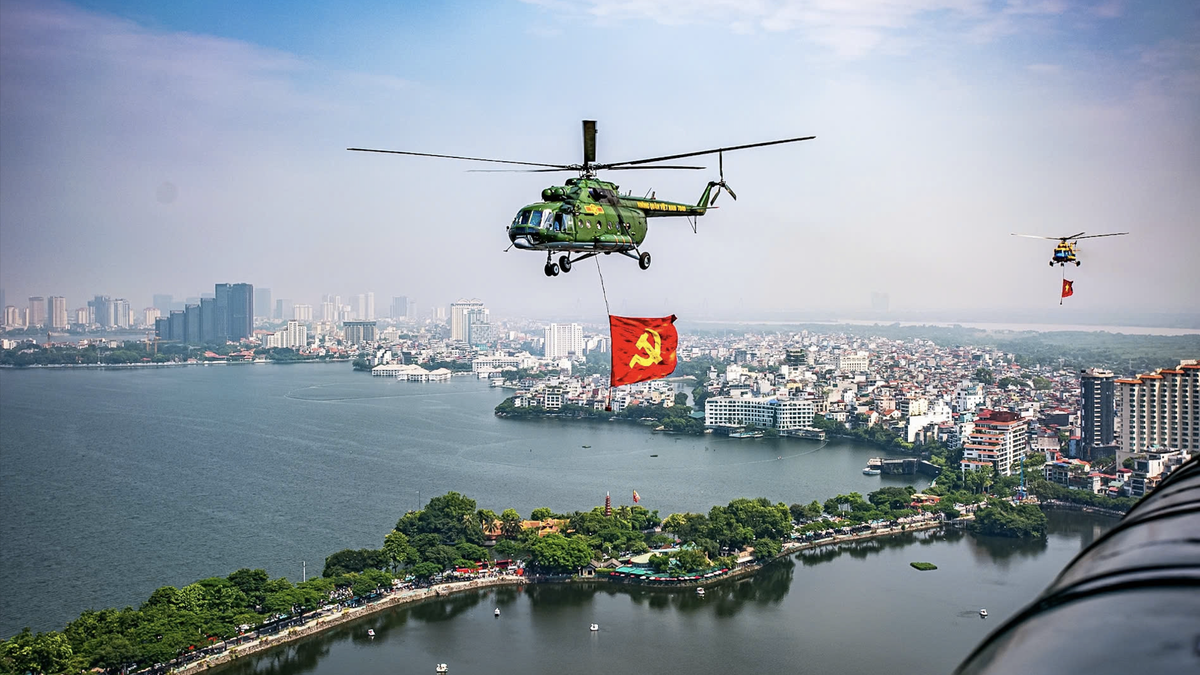
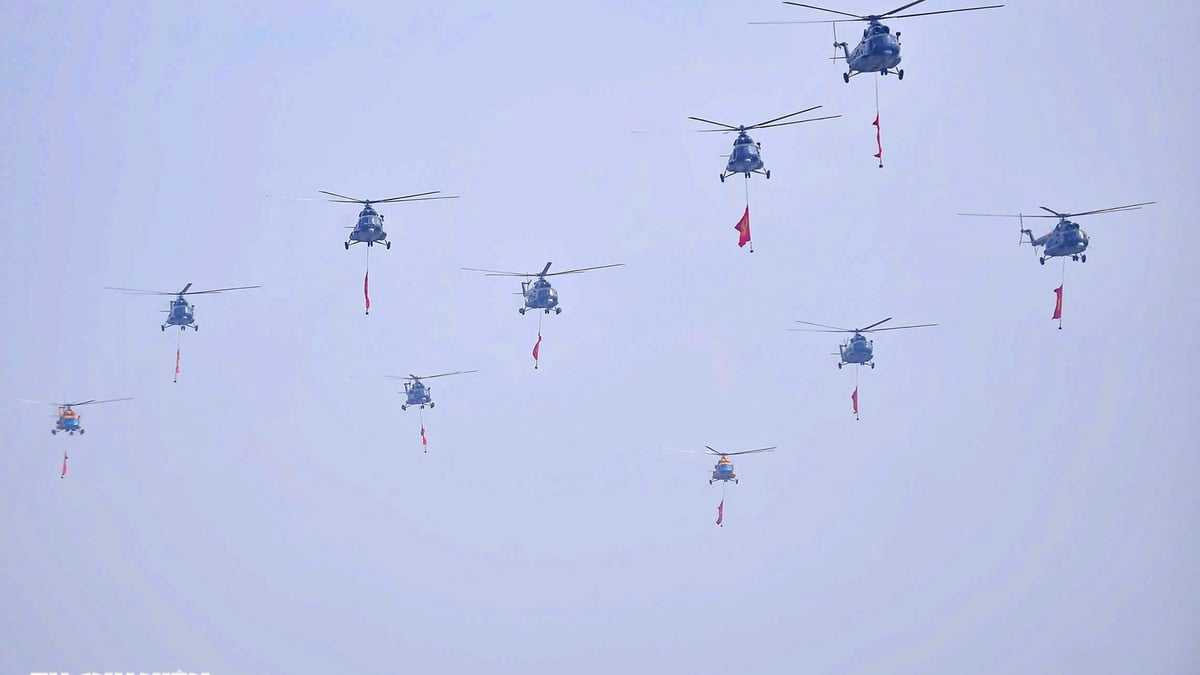


![[Photo] Party and State leaders meet with representatives of all walks of life](https://vphoto.vietnam.vn/thumb/1200x675/vietnam/resource/IMAGE/2025/8/24/66adc175d6ec402d90093f0a6764225b)

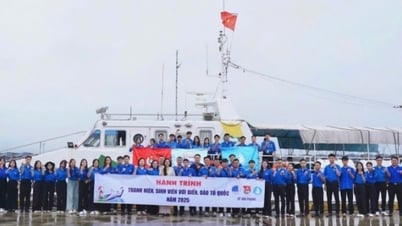

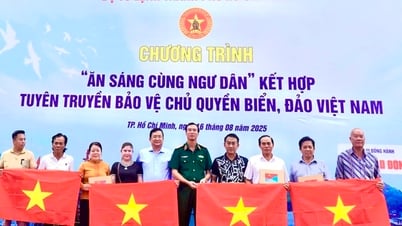







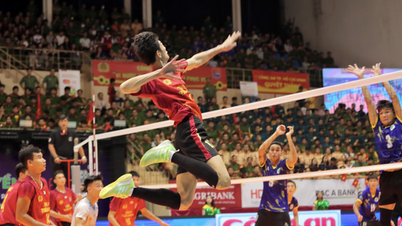




































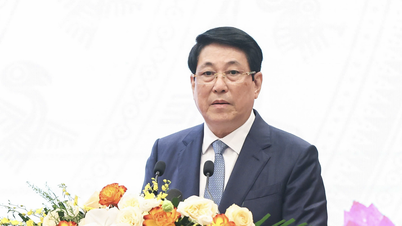

















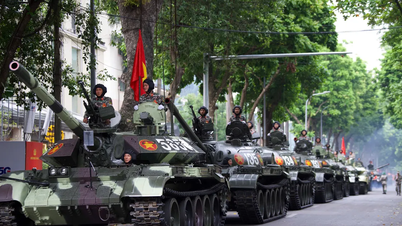

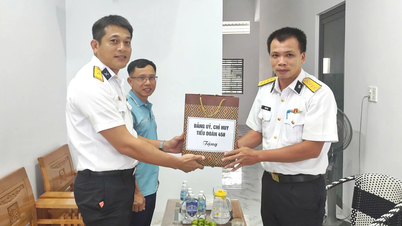

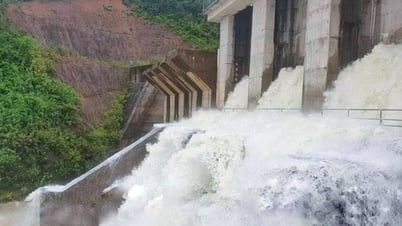

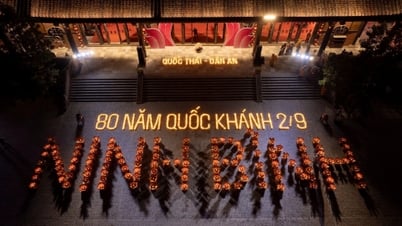

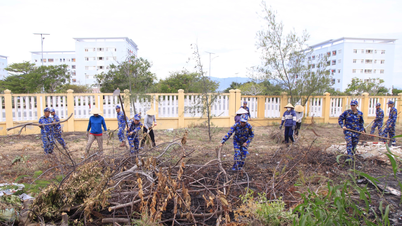












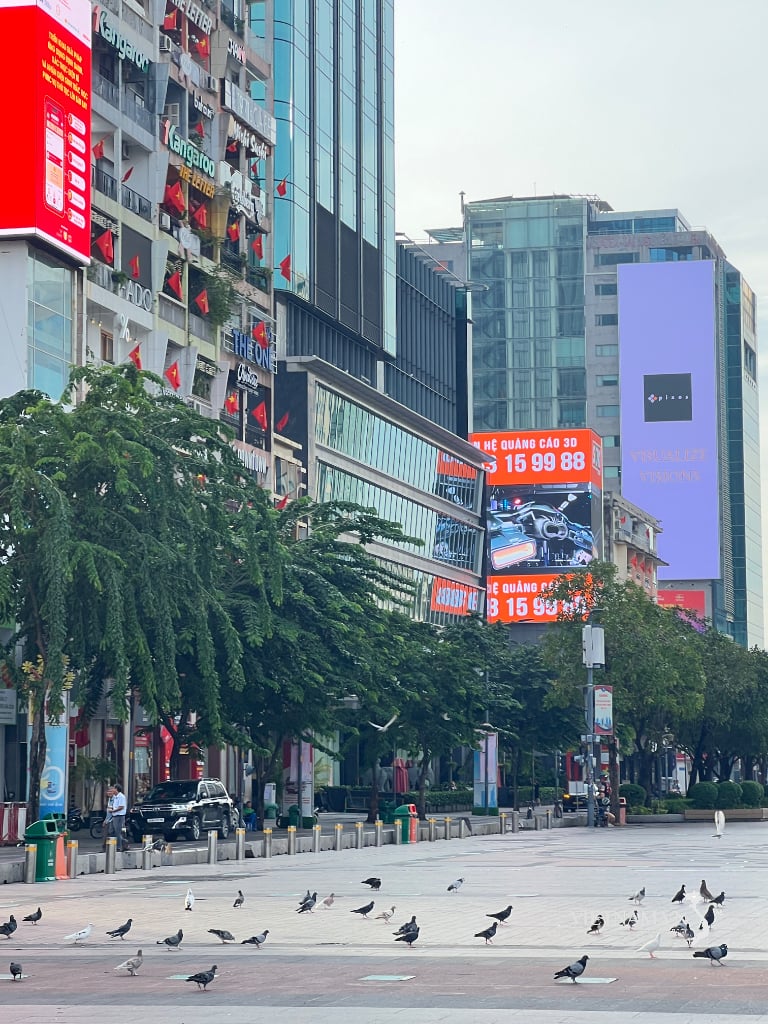
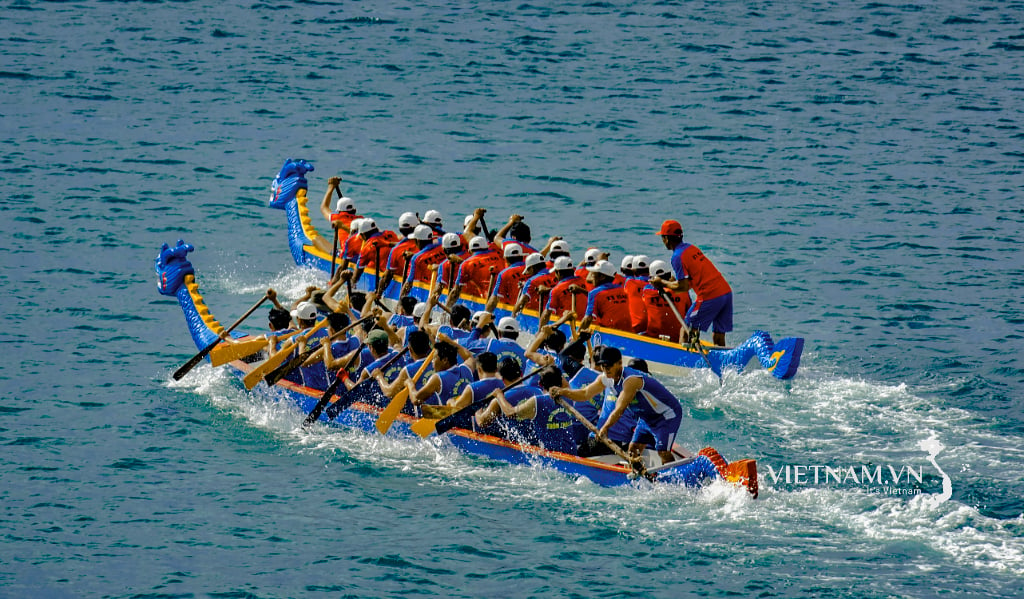
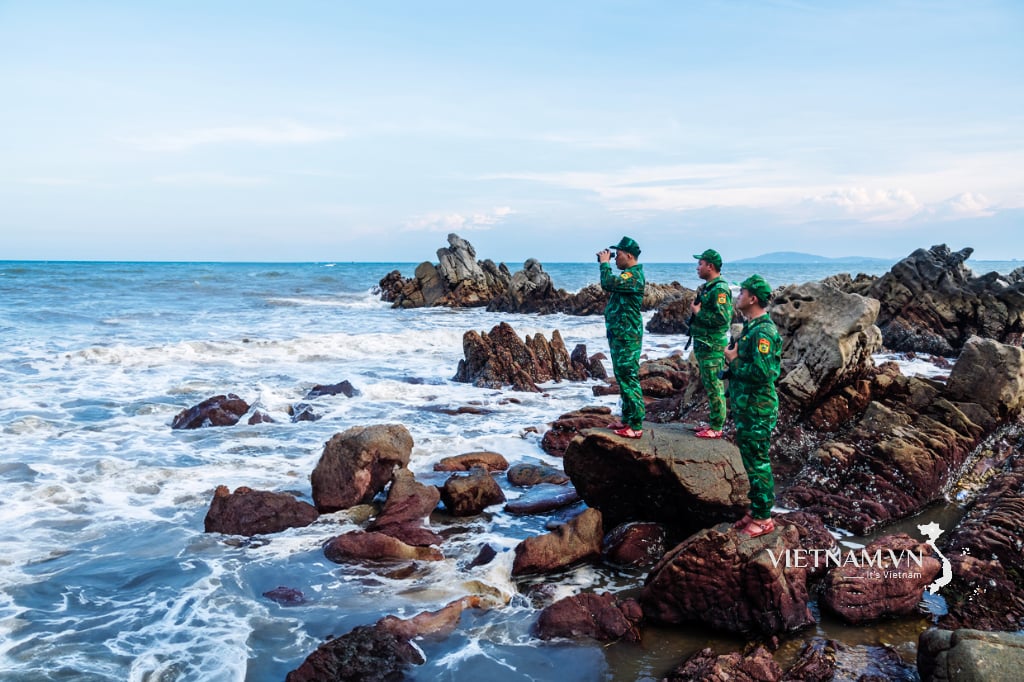

Comment (0)